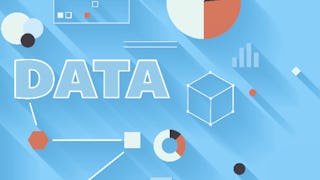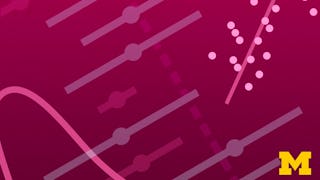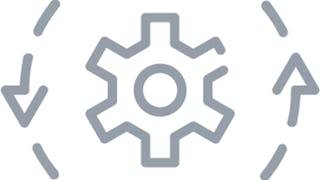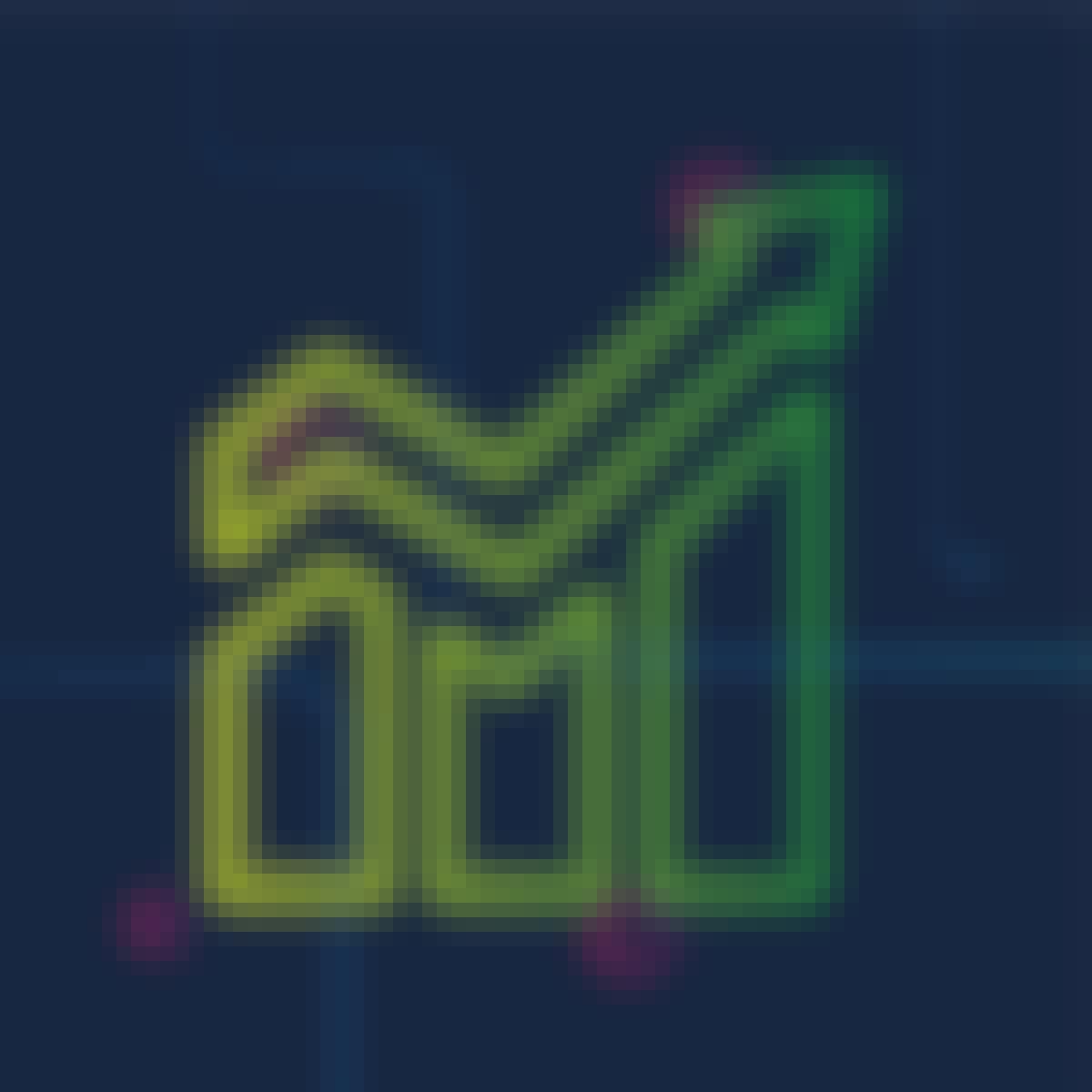Filter by
SubjectRequired
LanguageRequired
The language used throughout the course, in both instruction and assessments.
Learning ProductRequired
LevelRequired
DurationRequired
SkillsRequired
SubtitlesRequired
EducatorRequired
Explore the Discrete Mathematics Course Catalog
 Status: Free Trial
Status: Free TrialRice University
Skills you'll gain: Computational Thinking, Event-Driven Programming, Algorithms, Combinatorics, Graph Theory, Programming Principles, Application Development, Object Oriented Programming (OOP), Data Structures, Probability, Computer Programming, Bioinformatics, Interactive Design, Program Development, Big Data, Python Programming, Mathematical Software, Data Analysis, Theoretical Computer Science, Computer Science
 Status: Free Trial
Status: Free TrialSkills you'll gain: Dashboard, SQL, Descriptive Statistics, Jupyter, Statistical Analysis, Data Analysis, Probability Distribution, Pandas (Python Package), Data Visualization Software, Statistics, Data Visualization, Statistical Hypothesis Testing, Databases, Stored Procedure, Web Scraping, Relational Databases, Automation, Data Science, GitHub, Python Programming
 Status: Free Trial
Status: Free TrialUniversity of Michigan
Skills you'll gain: Statistical Hypothesis Testing, Sampling (Statistics), Statistical Modeling, Statistical Methods, Statistical Inference, Statistics, Bayesian Statistics, Data Visualization, Matplotlib, Statistical Visualization, Probability & Statistics, Statistical Analysis, Jupyter, Statistical Programming, Regression Analysis, Data Visualization Software, Predictive Modeling, Data Analysis, Exploratory Data Analysis, Descriptive Statistics
 Status: Free Trial
Status: Free TrialSkills you'll gain: Data Cleansing, Sampling (Statistics), Data Integrity, Data Quality, Data Validation, Sample Size Determination, Data Analysis, Data Manipulation, SQL, Data Transformation, Spreadsheet Software
 Status: Free Trial
Status: Free TrialUniversity of California San Diego
Skills you'll gain: Logical Reasoning, Computational Logic, Deductive Reasoning, Computational Thinking, Theoretical Computer Science, Algorithms, Python Programming, Computer Programming, Computer Science, Program Development
 Status: Free Trial
Status: Free TrialDuke University
Skills you'll gain: Statistical Hypothesis Testing, Sampling (Statistics), Statistical Inference, Exploratory Data Analysis, Regression Analysis, Statistical Reporting, Probability Distribution, Statistical Methods, Data Analysis Software, R Programming, Bayesian Statistics, Statistical Analysis, Data Analysis, Statistical Software, Statistical Modeling, Probability & Statistics, Probability, Statistics, Correlation Analysis, Data Literacy
 Status: Free Trial
Status: Free TrialUniversity of Pennsylvania
Skills you'll gain: Mathematical Modeling, Statistical Modeling, Regression Analysis, Business Modeling, Financial Modeling, Business Mathematics, Markov Model, Probability, Predictive Analytics, Process Optimization, Risk Management, Statistics, Probability Distribution, Simulation and Simulation Software, Forecasting

École Polytechnique
Skills you'll gain: Probability, Probability Distribution, Simulations, Probability & Statistics, Statistical Methods, Mathematical Modeling, Mathematical Theory & Analysis, Applied Mathematics

University of London
Skills you'll gain: Feature Engineering, Machine Learning, Data Processing, Artificial Intelligence, Supervised Learning, Data Analysis, Computer Vision, Data Collection
 Status: Free Trial
Status: Free TrialImperial College London
Skills you'll gain: Analytical Skills, Correlation Analysis, Regression Analysis, Sampling (Statistics), Statistical Hypothesis Testing, Data Literacy, Data Analysis, R Programming, Descriptive Statistics, Statistical Software, Biostatistics, Exploratory Data Analysis, Statistical Analysis, Statistical Programming, Statistics, Statistical Methods, Public Health, Probability & Statistics, Epidemiology, Statistical Modeling
 Status: Free Trial
Status: Free TrialUniversity at Buffalo
Skills you'll gain: Electrical Substation, Electrical Power, Electric Power Systems, Electrical Systems, Energy and Utilities, Basic Electrical Systems, Electrical Equipment, Electrical Safety, Low Voltage, High Voltage, Environmental Engineering, Emerging Technologies, Reliability
 Status: Free Trial
Status: Free TrialUniversity of California San Diego
Skills you'll gain: Cryptography, Key Management, Encryption, Public Key Cryptography Standards (PKCS), Cybersecurity, Arithmetic, Algorithms, Theoretical Computer Science, Computational Thinking, Algebra, Applied Mathematics, Python Programming
Discrete Mathematics learners also search
In summary, here are 10 of our most popular discrete mathematics courses
- Fundamentals of Computing: Rice University
- Data Science Fundamentals with Python and SQL: IBM
- Statistics with Python: University of Michigan
- Process Data from Dirty to Clean: Google
- Mathematical Thinking in Computer Science: University of California San Diego
- Data Analysis with R: Duke University
- Fundamentals of Quantitative Modeling: University of Pennsylvania
- Aléatoire : une introduction aux probabilités - Partie 1: École Polytechnique
- Machine Learning for All: University of London
- Statistical Analysis with R for Public Health: Imperial College London










